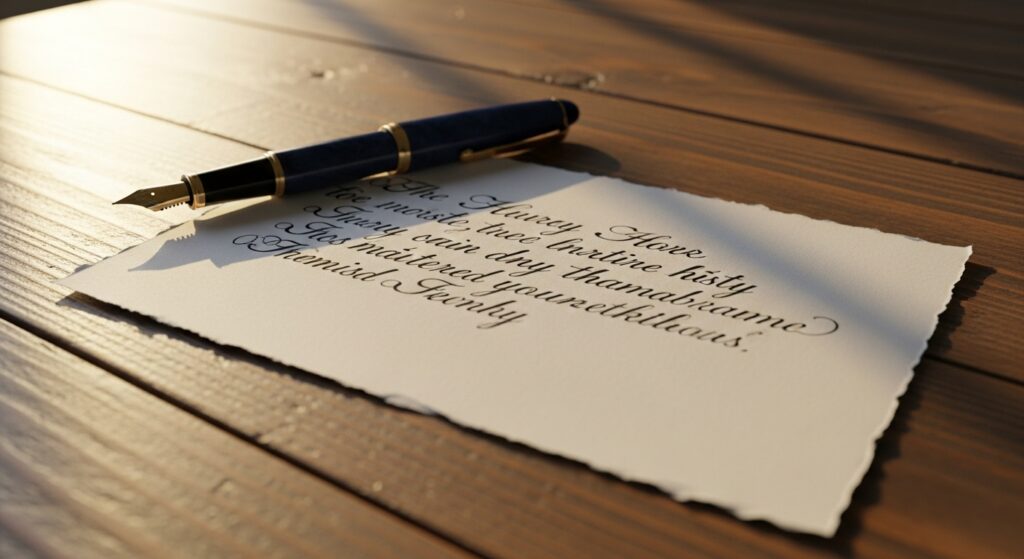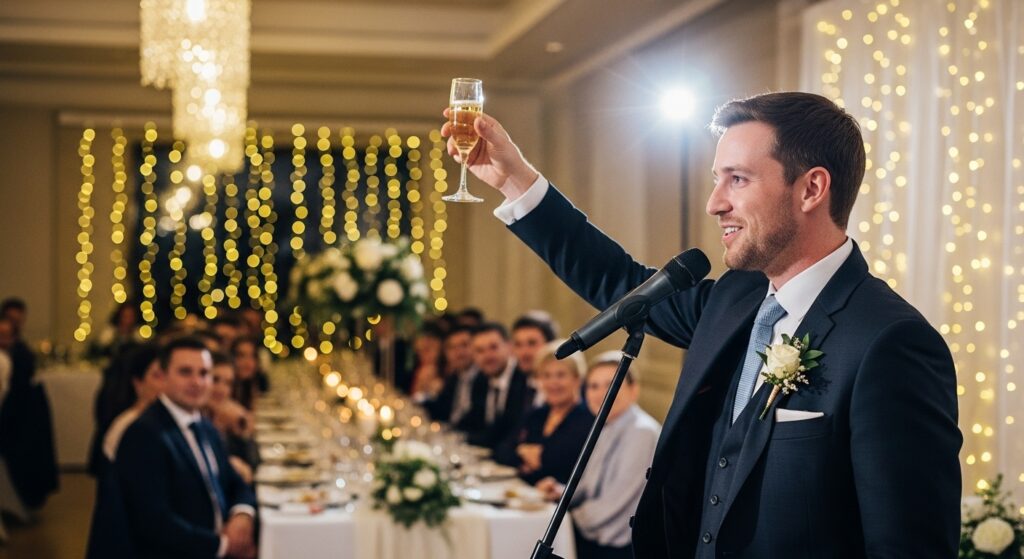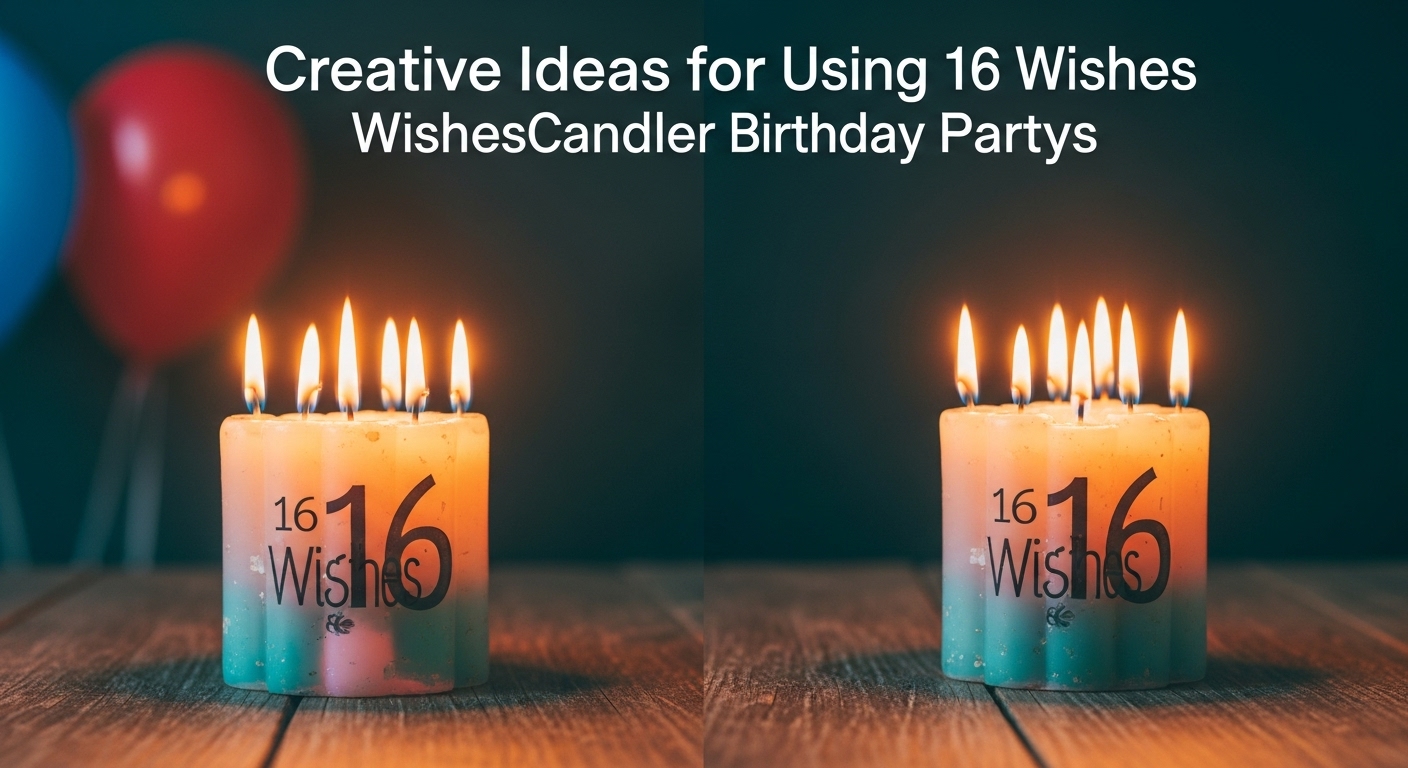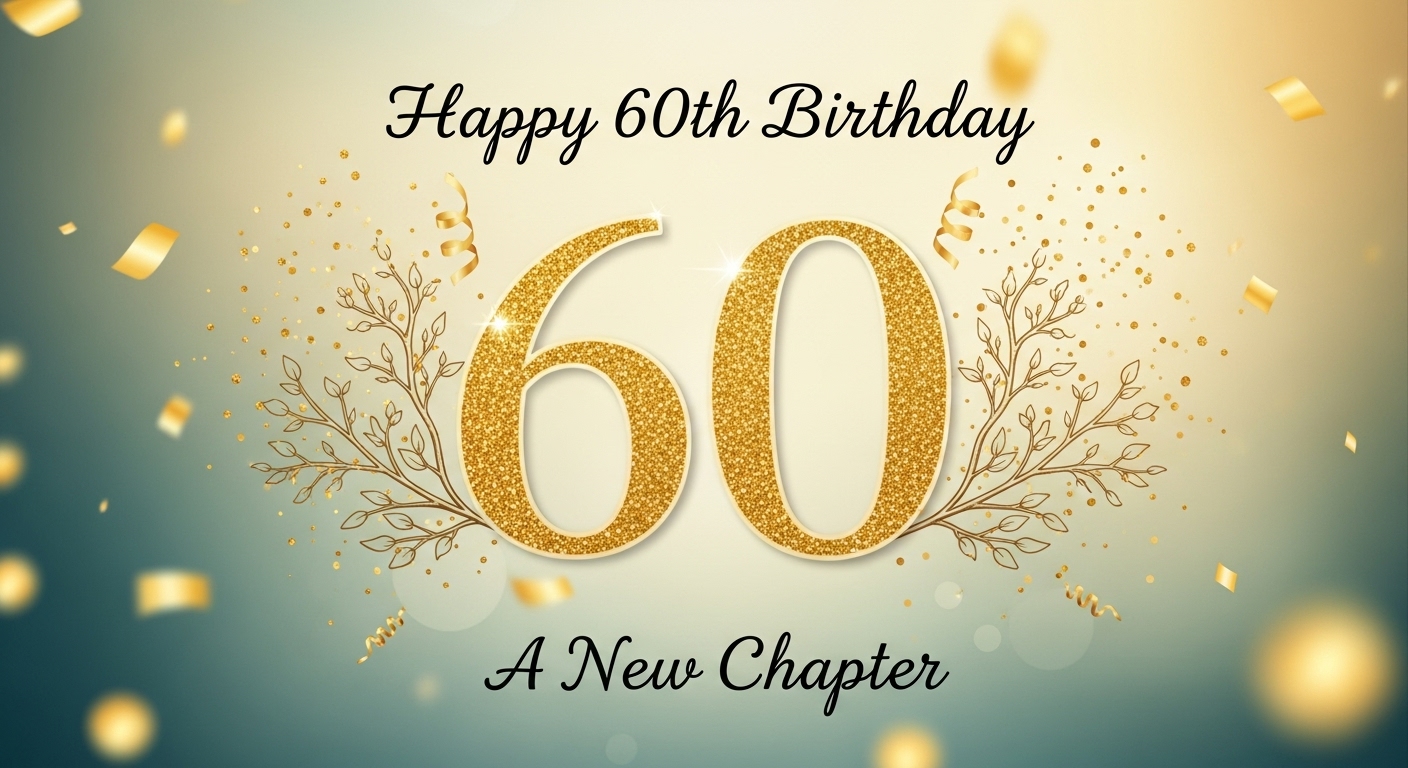The phrase best wishes is something that can be found in various occasions such as starting a conversation, closing an email, or sending a card. The phrase best wishes is used in these instances without much thought being given to the meaning. However, if you were to take a moment and pose the question, “what does best wishes really mean?” a straightforward answer would not be forthcoming. Best wishes is not merely a polite phrase. It has several layers. The context changes how the phrase is interpreted. The tone changes how it is felt.
You can find the phrase in weddings, retirement speeches, holiday greetings, and even awkward texts. And every time it is used, it carries a slightly different connotation. Unraveling this is the interesting part.
What is the Best Wishes Meaning Really?
The phrase at its very element is a short way of expressing good will. Essentially, it shows that “I wish good things for you.” But this could be either a formal or an informal way of speaking depending on the setting—similar to how 60th birthday wishes can range from heartfelt and emotional to lighthearted and fun, depending on the relationship.
- In emails, the phrase could come across as a polite but distant way of communicating.
- In personal letters, the phrase seems to be more intimate.
- In wedding speeches, it’s very emotional.
The best part of this is that best wishes is a very adaptable term. It doesn’t force the person to feel only one.]

Origins and Shifts Over Time
The phrase best wishes is not a recent one. The variations of the phrase can be found even in the ancient English literature of a few centuries ago. One of the most common ways in which the authors of the time ended their letters was with a line like “I remain with the best of wishes.” The expression eventually became shorter until it was reduced to the two words we use now.
Moreover, it is also interesting to see how differently it was pronounced in different areas. The phrase best wishes is still considered formal in some cultures. In other cultures, it has become so casual that it can be easily added to the end of a text message.
When to Use Best Wishes
Common scenarios are best understands when best wishes is used and how people see it.
| Situation | How It Feels | Example Use |
|---|---|---|
| Professional email | Polite, neutral | “Best wishes, [your name]” |
| Birthday greeting | Warm, personal | “Best wishes on your special day” |
| Wedding toast | Heartfelt | “Best wishes to the happy couple” |
| Retirement note | Respectful, warm | “Best wishes in the years ahead” |
| Holiday card | Cheerful, seasonal | “Best wishes for the season” |

Best Wishes vs Warm Regards vs Kind Regards
Firstly, people are confused about the differences of these three expressions. Here is a brief overview.
- Best wishes: A bit warmer, mostly personal, however, can still be used in professional environment.
- Kind regards: Courteous, appropriate in almost any business situation.
- Warm regards: It has slightly more feeling than kind regards, but still not as informal as best wishes.
You may look at them as different levels of formality starting from very formal and ending with very personal ones.
Situations Where Best Wishes Might Feel Off
The phrase is not suitable or welcomed in every instance. Condolence notes are a typical case. The term “Best wishes” might sound too bright or even indifferent. In such situations, you would use “thinking of you” or “with sympathy”.
Moreover, it would be a strange thing if it were in an extremely tense professional email. If the message is about argument, the addition of “best wishes” at the end may sound sarcastic as well, even if you don’t intend it so.

How People Read Between the Lines
The irony is that the people who are the closest readers of an email’s tone and content are also the ones that over-interpret it. You write the shortest message with a “best wishes” ending, without any particular intent, and the recipient thinks maybe you’re not very friendly. At the same time, “cheers” seems nice and friendly to one person, while being too informal for another.
That’s the thing with phrases that sit in the gray zone. They bring enough vagueness to be influenced by the reader’s mood.
Different Phrases Related to Best Wishes
If you want to change it, there are a lot of other ways to say the same thing.
- Wishing you all the best
- With warm regards
- Thanks a lot
- Yours sincerely (old-fashioned, still used)
- Be careful
Without changing the main idea, they just suggest a different feel. This is the reason a lot of people who are in the business world have several closings in their letter-writing mix, and their choice varies depending on the recipient—just like how birthday gifts for her can range from playful to elegant depending on the person you’re gifting.
Tone Levels of Common Closings
| Phrase | Tone Level |
|---|---|
| Yours faithfully | Very formal |
| Kind regards | Neutral, safe |
| Warm regards | Slightly warmer |
| Best wishes | Friendly, flexible |
| Cheers | Casual |
| Take care | Informal, personal |
Final Thoughts
So if you want to know the best wishes meaning, the answer will not be straightforward. It is the context. Tone. Relationship. Even your mood when you write it. Two words that can change, unfold, and have different meanings depending on the moment.
It is not difficult but is not superficial. Perhaps, this is the reason it is still in use.
FAQs
1. What does best wishes mean in an email professional context?
As a rule, it is considered polite and slightly more friendly than “kind regards,” but still a formal business email is allowed with this closing.
2. Is the phrase best wishes too informal?
The answer is no. It is adaptable. In certain situations, it sounds informal, but it does not necessarily mean that it is unprofessional.
3. Is it okay to use best wishes to express support at a wedding?
It is the perfect phrase to be used in wedding speeches and on wedding cards.
4. Are there any differences between best regards and best wishes?
Sure. Best regards is cooler and more formal while best wishes sounds more cordial and friendly.
5. When is it inappropriate to use the phrase ‘best wishes’?
Generally, you should not say it in a note of sympathy or a difficult business situation because the recipient might interpret it as you being indifferent to their problem.

Taylor Chips loves turning simple words into smiles. He shares thoughtful wishes, uplifting quotes, and gift ideas that leave lasting impressions. His content is all about making people feel valued, seen, and celebrated no matter the occasion.



